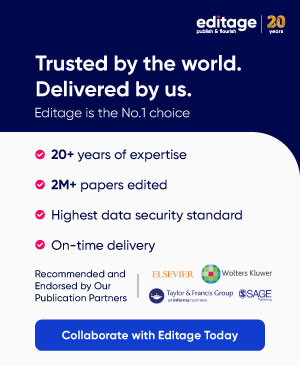|
Getting your Trinity Audio player ready...
|
As a researcher, your funding is usually precious and limited. You’re already spending sleepless nights trying to stretch your study budget to the maximum. But professional statistical analysis and review can help you boost your productivity, work efficiently, leverage state-of-the-art techniques, and devote more time to creative and higher-value tasks. So, how much value you can get for the funds you allocate for statistical support is crucial.
Here are 5 steps you can take to more efficiently use your grant funds:
Communicate the research objectives:
Clearly articulate the research question, objectives, and study design to your statistician. This will help them understand the scope of work and provide an accurate estimate of the associated costs. For example, longitudinal data may require additional statistical support for imputing missing data, or omics data may require extra data integration support.
Discuss the project requirements:
Clearly communicate the complexity of the analyses required, any specialized techniques or software that may be necessary, and the expected deliverables. For instance, you may want normality testing to be done before any parametric tests are run on the data. But allow for flexibility; for example, a specific subgroup may show an unusually high mortality rate, which merits further investigation.
Prioritize essential analyses:
Identify the core statistical analyses that are critical to achieving the research objectives. Focus on allocating budget resources to these key analyses (usually tied to your primary outcomes). Non-essential or exploratory analyses can be considered for later stages of the project or addressed using other resources or collaborations.
Consider ongoing support:
Discuss with your statistician the possibility of ongoing support throughout the research project as well as the manuscript preparation and publication process. Your needs for statistics support may evolve over time, and having access to ongoing consulting services can be valuable even when responding to peer review comments. It’s a good idea to check whether your statistician offers discounted rates or packages for long-term collaborations.
Budget for data management and quality control:
With funders becoming increasingly stricter about data management requirements, it’s now essential to allocate a portion of the grant budget for data management, cleaning, and quality control processes. Ensuring data integrity and quality is crucial for effective statistical analysis. Discuss with your statistician any specific data management needs and associated costs.
Pro tip: Remember to review the budget allocation with your institution’s research office or grant administrators to ensure compliance with funding agency guidelines and policies. They can provide guidance on budgeting rules and offer support in optimizing the grant budget for statistical analysis.
By following these steps and engaging in open communication with a statistician, early and mid-career researchers can optimize their grant budget for complex statistical analysis and ensure efficient and effective utilization of funds.


Comment